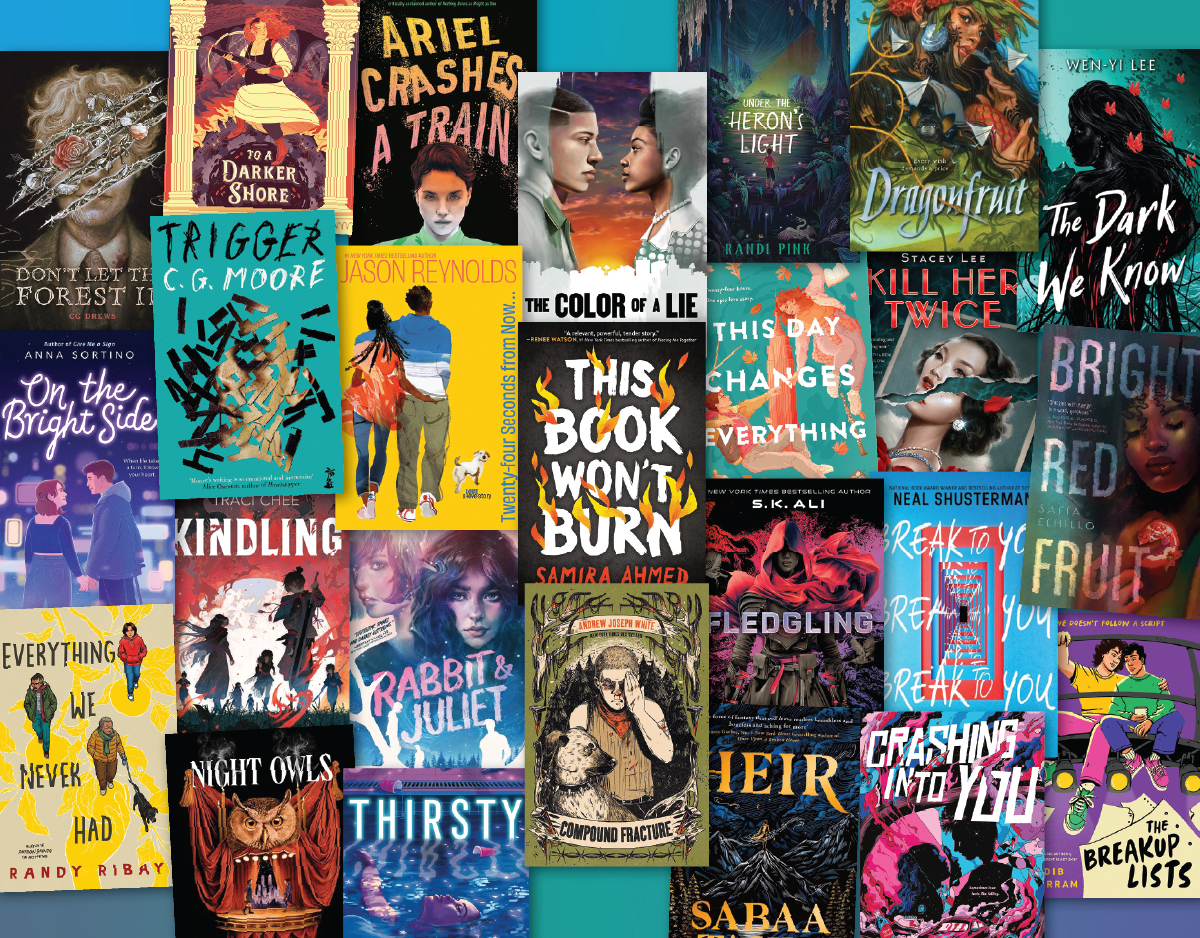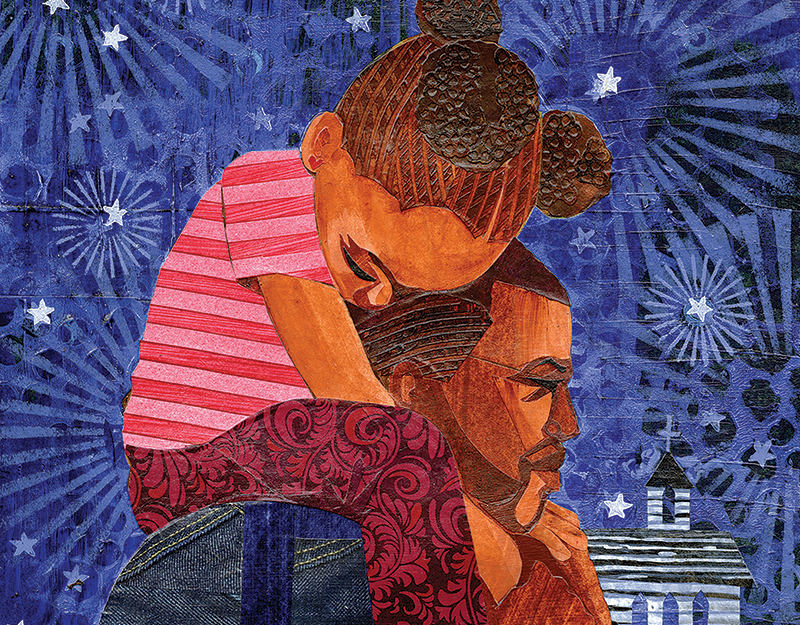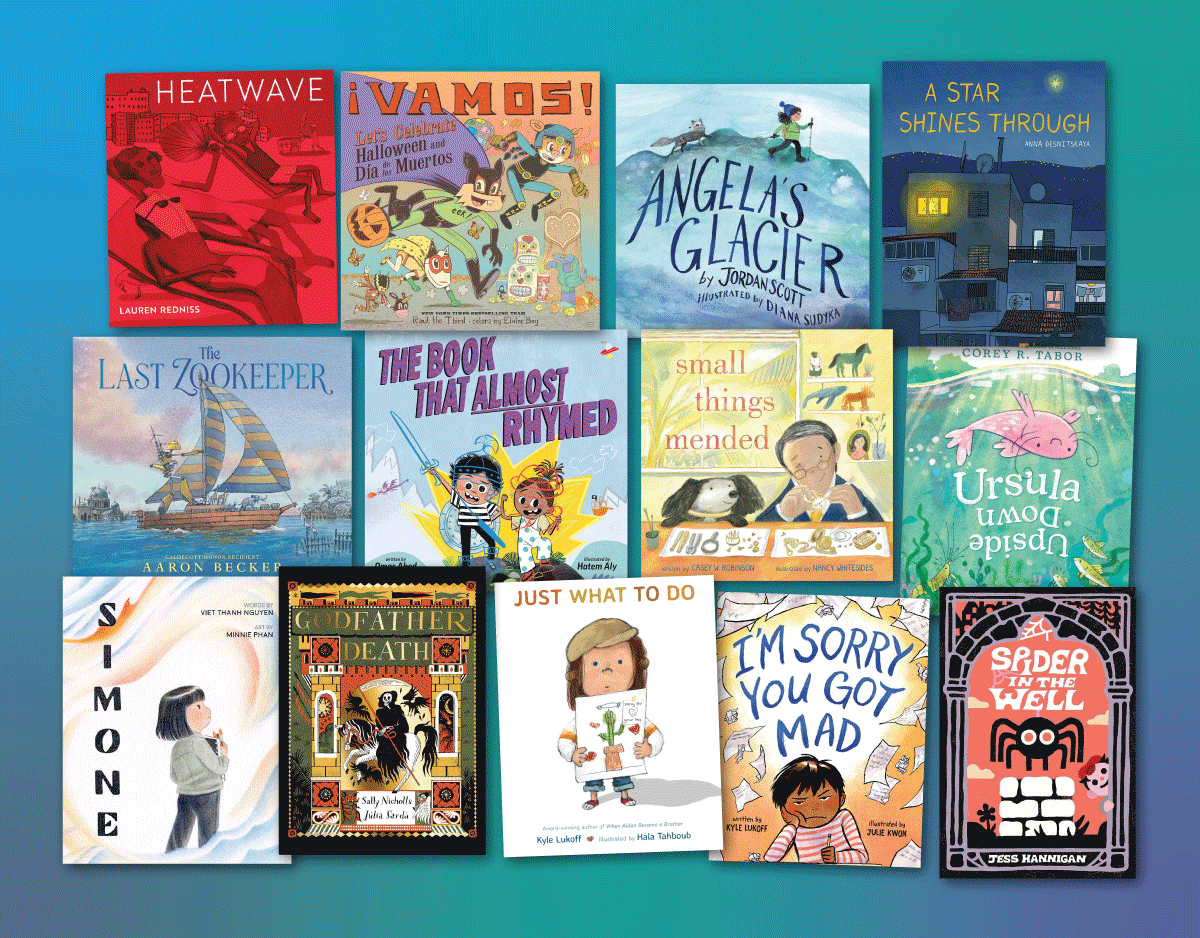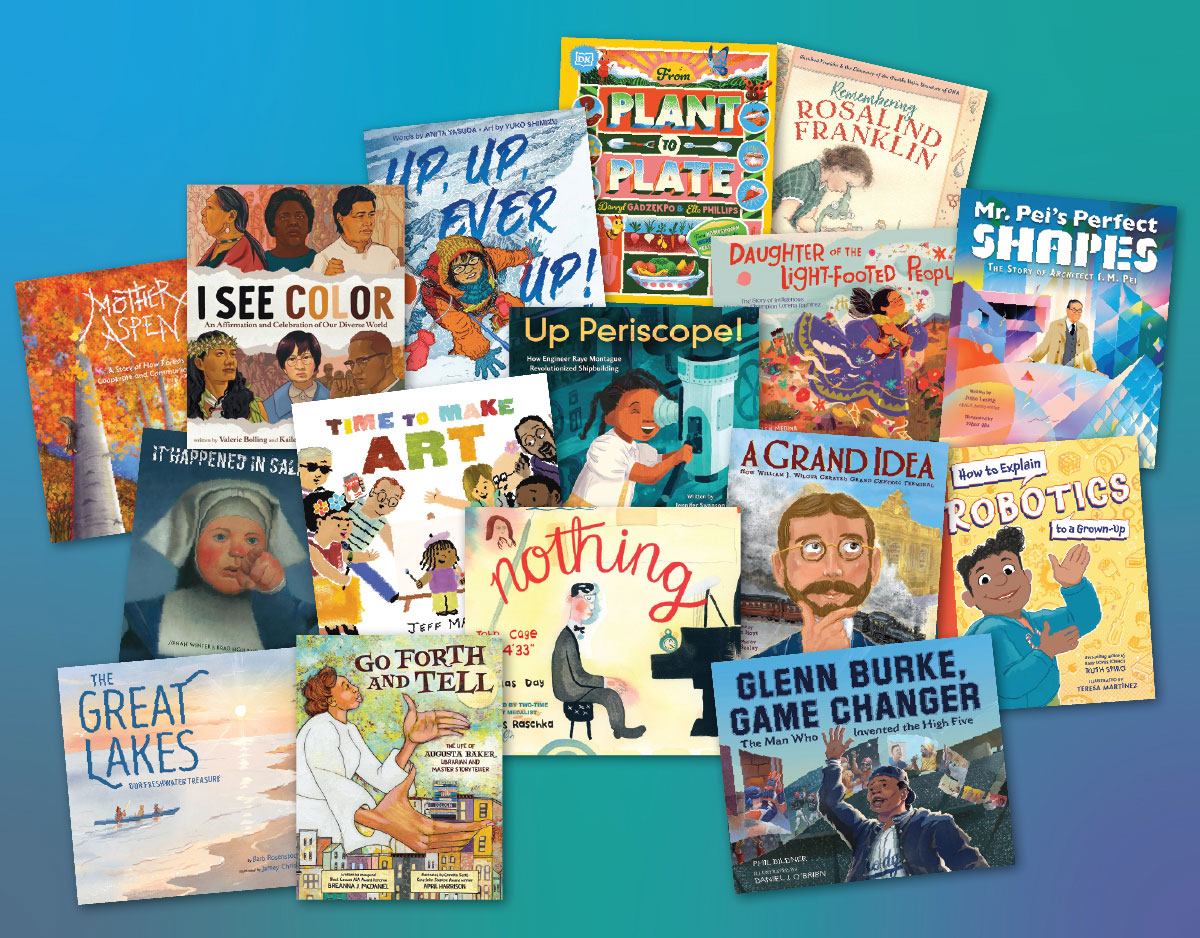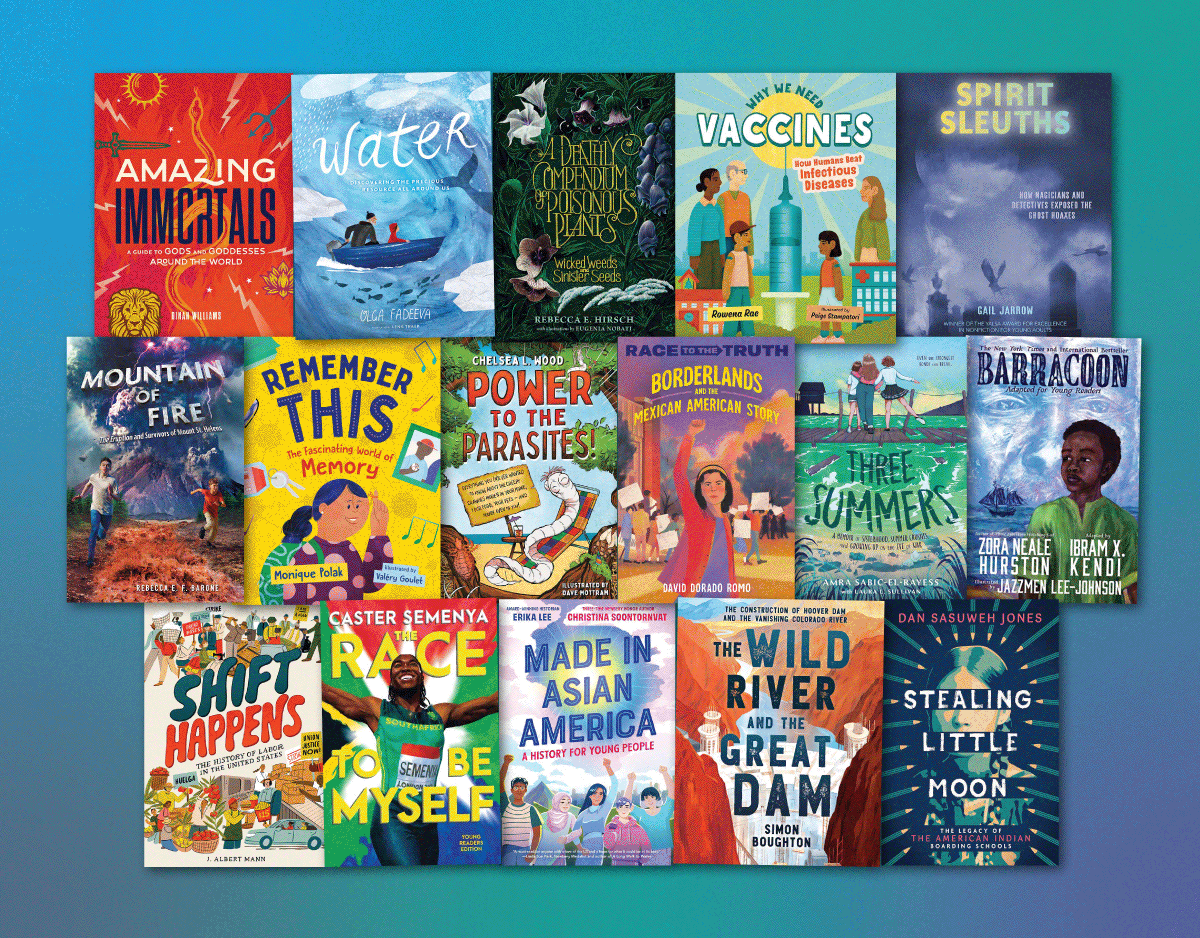What They Can’t Ban
Sometimes I sit with the thought of removing all the Mr. Monkey, Curious George, and Grumpy Monkey books from the library. But what would banning all those books really accomplish?
Censorship has been legalized in many states across the country putting into effect laws that restrict the books that reach young readers, and these laws make way for long lists of books to be considered for removal. There are currently legal cases against book bans in Florida, Iowa and Arkansas. Some libraries have moved books to trash bins or the adult section of the library while others in Texas, Wyoming, Colorado, and Arkansas have removed librarians for their efforts to maintain books in their collections. In reporting about these brave librarians, the NY Times comments, “They have been labeled pedophiles on social media, called out by local politicians and reported to law enforcement officials. Some librarians have quit after being harassed online. Others have been fired for refusing to remove books from circulation.”
ADVERTISEMENT
ADVERTISEMENT
With librarians facing the loss of their livelihood, their reputation, or even their sense of well-being, our communities lose their intellectual freedom. People who are already marginalized
Wait. Let’s let that sink in. Marginalized people who don’t have full access to the rights and privileges available in the United States; who often lack access to adequate housing, health care, or jobs; or who face other inequities because of their race, gender, disabilities or sexual orientation.
People who are already marginalized face reduced access to the structures that allow them to read or write their own books.
Books contain stories that document and express our existence. To express herself, Angie Thomas structures stories through language and rhythms that speak to today while George M. Johnson tugs from their own lived memories. I hope neither of them ever stops writing. Neither of them really writes for me but they do write to connect all of us because that’s what storytellers do. Censors want to erase these stories, connections, and experiences.
I think about the diversity movement and all the work done to get books on the shelves. Any decent article written over the past decade references the CCBC numbers, and refers to the growth, or lack thereof, in the amount of “diverse” books on the shelves. That accounting work has never been enough, mostly because this work has never been solely about increasing the number of books. If the books sit on shelves, if the books are segregated into special displays, if the library staff never reads the books, never makes sure the books reflect the community it serves, or examines their own policies and procedures, what does it matter how many books that sit on the shelf? If the library isn’t working to alleviate oppression, the books become irrelevant.
If it was just about the book, I’d remove every picture book with anthropomorphic simians from every library. I’d not allow books to be published that perpetuate falsehoods or hatred about any group of people. You know what? Even if I could do that, removing those books won’t remove the racist history behind the depiction I see in those monkeys, and it won’t censure anti-Blackness. The real work is not in the books; it’s in doing the anti-oppressive work that would allow a 6-year-old child to be able to sit in a classroom and listen to a teacher read Goodnight Gorilla and not see anything other than a cute, mischievous little gorilla. At the end of that book, the reader would be able to celebrate that creature’s liberation. If empathy, justice, and love aren’t incorporated into our librarianship then it doesn’t matter what we put on our shelves.
We have to keep doing the anti-oppressive work that creates space for the stories to continue to be written, published, and shared. Books are being banned from libraries to eliminate the stories and the lives that they tell, but to win the long fight, librarians have to work to be anti-oppressive. This hard, meaningful work is how libraries and librarians prepare the future.
What they can’t ban is the spirit and intentions of our work.
What can you do this week?
Sign up for and attend EveryLibrary Live! Banned Books Week 2024
Explore Duke University’s anti racist roadmap and develop one for your library https://library.duke.edu/sites/default/files/dul/libraries/dulracialjusticeroadmap.pdf
Filed under: Uncategorized
About Edith Campbell
Edith Campbell is Librarian in the Cunningham Memorial Library at Indiana State University. She is a member of WeAreKidlit Collective, and Black Cotton Reviewers. Edith has served on selection committees for the YALSA Printz Award, ALSC Sibert Informational Text Award, ALAN Walden Book Award, the Walter Award, ALSC Legacy Award, and ALAN Nielsen Donelson Award. She is currently a member of ALA, BCALA, NCTE NCTE/ALAN, REFORMA, YALSA and ALSC. Edith has blogged to promote literacy and social justice in young adult literature at Cotton Quilt Edi since 2006. She is a mother, grandmother, gardener and quilter.
ADVERTISEMENT
ADVERTISEMENT
SLJ Blog Network
Review of the Day: This is Orange by Rachel Poliquin, ill. Julie Morstad
Sugar Shack | Review
Heavy Medal Suggestions: 73 Titles and Counting
When Book Bans are a Form of Discrimination, What is the Path to Justice?
Book Review: Spark by Chris Baron
ADVERTISEMENT



